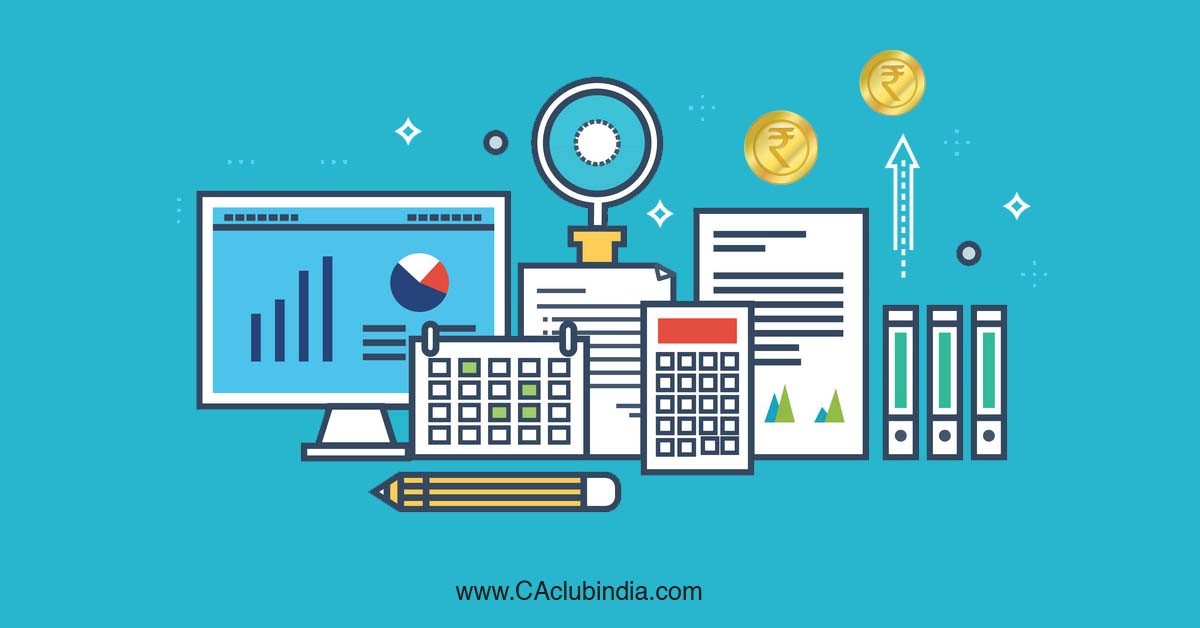"What? So you're saying I must pay GST on advance payments? Why so?"
Deepika, a GST-registered freelancer, designs social media posters and other marketing materials for prominent clothing brands. She receives 40% payment from clients in advance and the remaining 60% at the end of the project after raising an invoice.
During our chitchat, I asked him, "Since you receive advances from clients, do you pay GST on it?" She was taken aback by the question.
All this while, she assumed she'd have to pay GST after completing the project and raising an invoice.

Many freelancers commit the mistake of assuming certain things, particularly about taxes, and then paying the price for it.
In this article, I'll cover:
- When does the liability for payment of GST arise?
- How and why is GST charged on advance payments?
- Are there any exceptions to it?
- How to deal with advances and GST thereon?
Let's begin.
When does the liability for payment of GST arise?
As per the GST law, the liability to pay tax on services arises at the "Time of Supply." The time of supply of services shall be the earlier of the following dates, namely:
- A] Invoice Date OR Payment Receipt Date, whichever is earlier; AND
- B] Service Provision Date (if the invoice is not issued within the prescribed time limit) OR Payment Receipt Date, whichever is earlier.
Usually, the Time of Supply will be the invoice date or payment receipt date, whichever is earlier.
How and why is GST charged on advance payments?
If you receive advance payments from clients, the payment receipt date will naturally be earlier than the invoice date.
Hence, in the case of advances, the Time of Supply is the payment receipt date, and you must GST on advances in the following month.
Let's take an example to understand this provision better:
Deepika received Rs 50,000 in advance from her client Mohe Rang Do Lal Pvt. Ltd. on 25th Feb 2023. The project lasted 9 months, post which she raised an invoice for Rs 1,25,000 on 30th Nov 2023.
In this case, the time of supply will be as follows:
- For the advance, i.e., Rs 50,000: 25th Feb 2023
- For the remaining Rs 75,000: 30th Nov 2023
GST payment dates will be as follows:
- On Rs 50,000: 20th March 2023
- On the remaining Rs 80,000: 20th Dec 2023
Are there any exceptions to this provision?
Yes, GST is not charged on advances in the following two cases:
- If the advance amount is less than Rs 1,000, the service provider can pay GST on it at the time of issuing the invoice.
- This provision doesn't apply to the sale of goods. It applies only where an advance is received for providing services at a later stage.
How to deal with advances and GST thereon?
As soon as you receive an advance payment from a client, follow the below-mentioned steps:
1. Issue a receipt voucher
The receipt voucher will contain details, such as:
- Name, address, and GSTIN of the service provider
- Voucher serial number
- Date
- Name, address, and GSTIN of the client
- Description of services
- Applicable GST rate
- GST amount
- Signature
2. Calculate tax on the advance amount
While doing so, you must gross up the amount. Suppose, you have received Rs 60,000 in advance, and the GST rate is 18%. Here, 60,000 will be considered inclusive of tax.
GST amount will be: (60,000*18)/118 = Rs 9,152
Value of services = Rs 50,848
3. No input tax credit until receipt of services
The client can't claim an input tax credit of the GST paid on advances. They can claim ITC only on receipt of services.
Bottom Line
Many freelancers remain unaware of these tax provisions. Because of this, they forget to pay GST on advance payments, resulting in additional interest and late fees.
Share this article with your friends and within your network to make them aware of GST implications on advance payments.
The author is a ghostwrite finance content for leading founders and social media influencers to help them build thought-leadership and credibility.









 CAclubindia
CAclubindia
